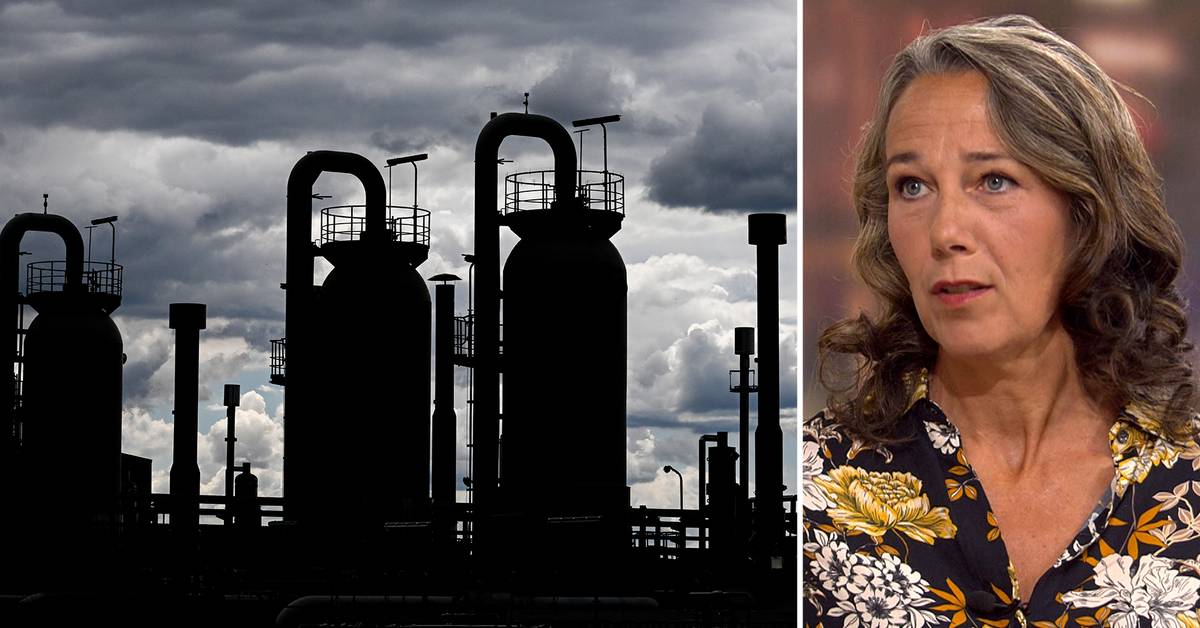Last Saturday, the government called a press conference together with Riksbank Governor Stefan Ingves and the Director General of the Financial Supervisory Authority Erik Thedéen, to announce liquidity guarantees of hundreds of billions of kroner to the electricity companies.
This is to avoid Russia's "energy war" leading to a financial crisis.
The governments of Germany, Finland and Austria, among others, have also acted over the weekend.
- Europe is exposed to a shock, an energy shock, and the systems we have when trading electricity are not rigged for the price jumps we have seen recently, says Annika Winsth, chief economist at the major bank Nordea, who worries about the economy .
- It's a completely different game plan and now you have to be careful and wise in this.
I think that most households and companies haven't really realized how difficult this autumn and winter will be, she continues.
"Would cause an industrial crisis of historic proportions"
According to former finance minister Anders Borg, there is a potentially large risk for the industry, which could have serious consequences for the world economy.
- There are two serious risks.
One is that Russia escalates and keeps the gas shut off and perhaps also takes action against the oil market.
The other risk is of course that we will have an acute energy shortage in Germany.
Their central bank has said that perhaps 65-85 percent of the energy-intensive industry may have to be closed over the winter, says Borg and continues:
- It would cause an industrial crisis of historic dimensions, perhaps far greater than both covid and the financial crisis.
That risk is on the map.
Hear more of Anders Borg and chief economist Annika Winsth's analysis of the economic situation in the clip above, and watch the entire panel discussion in SVT Play.

